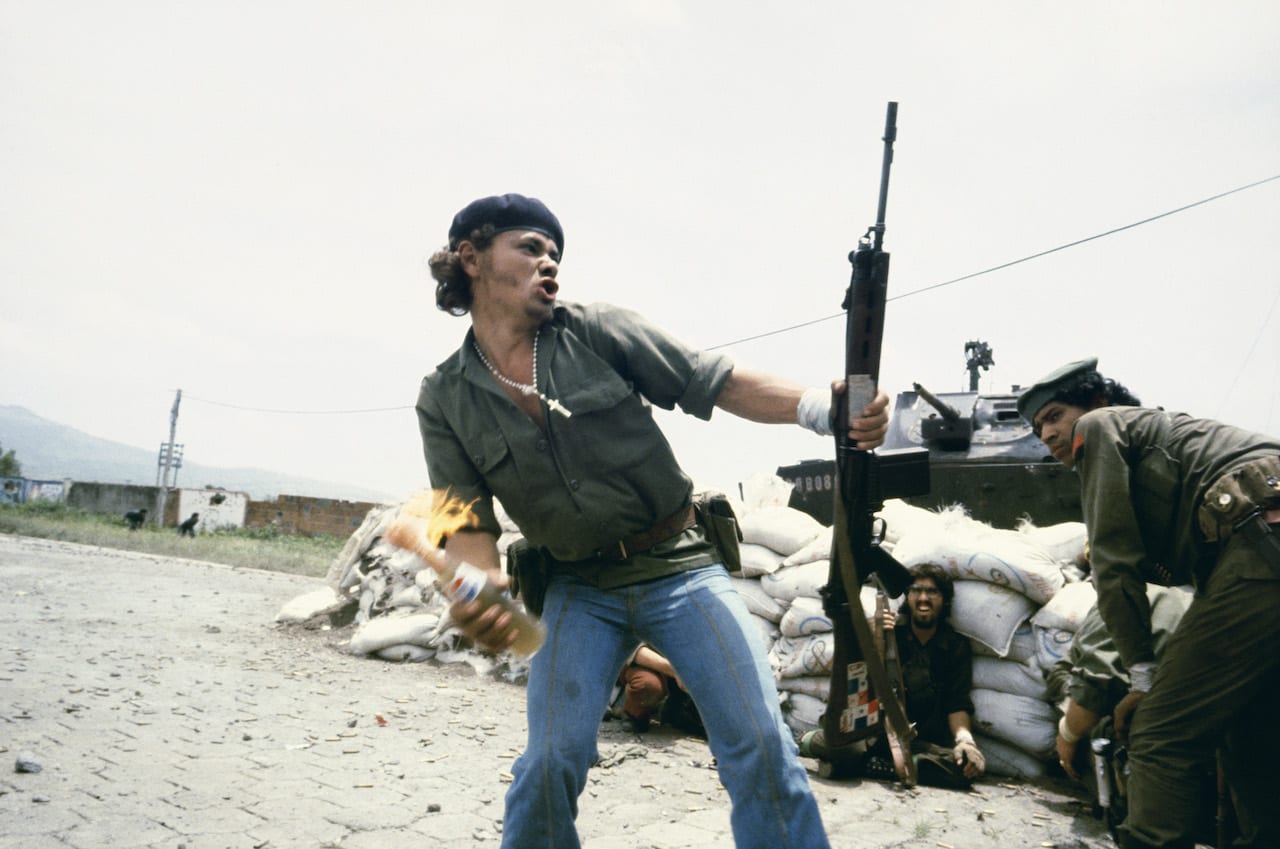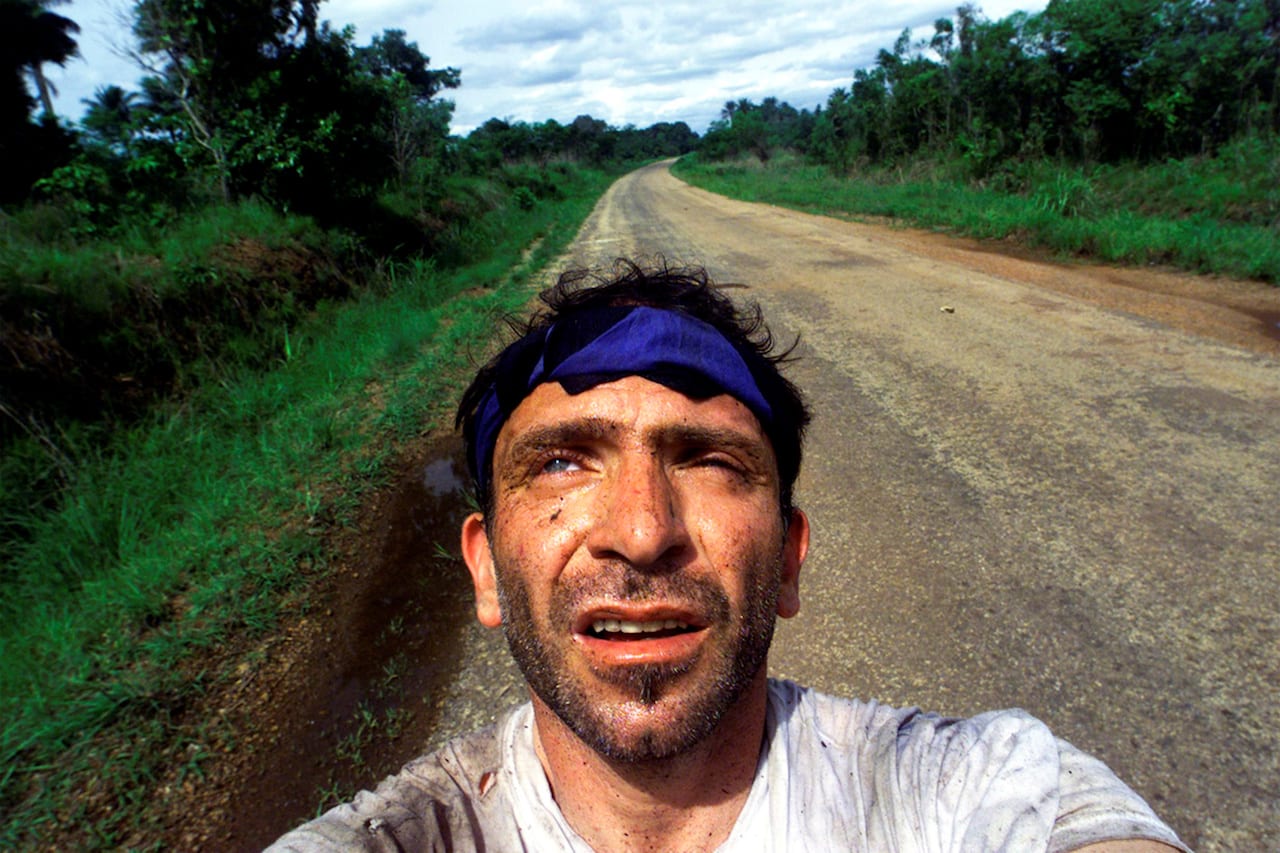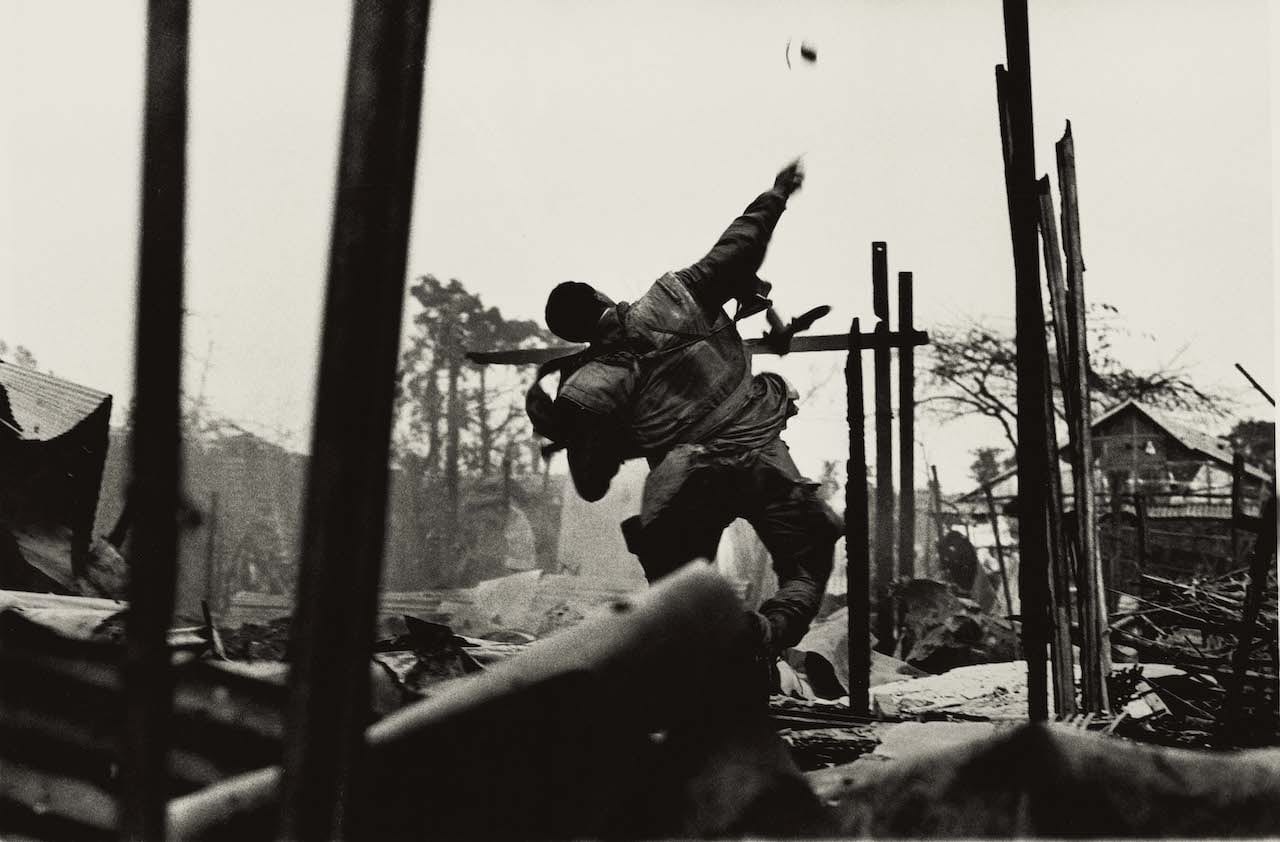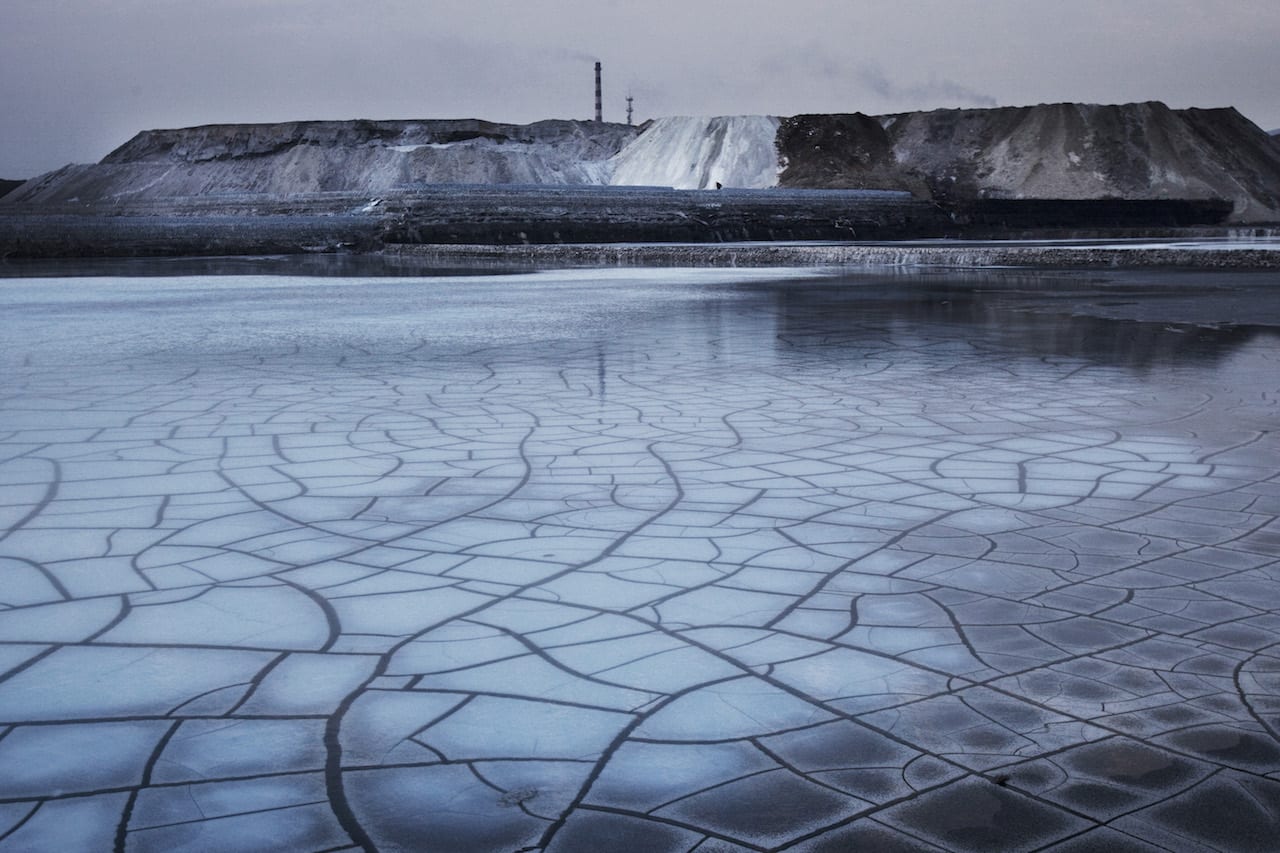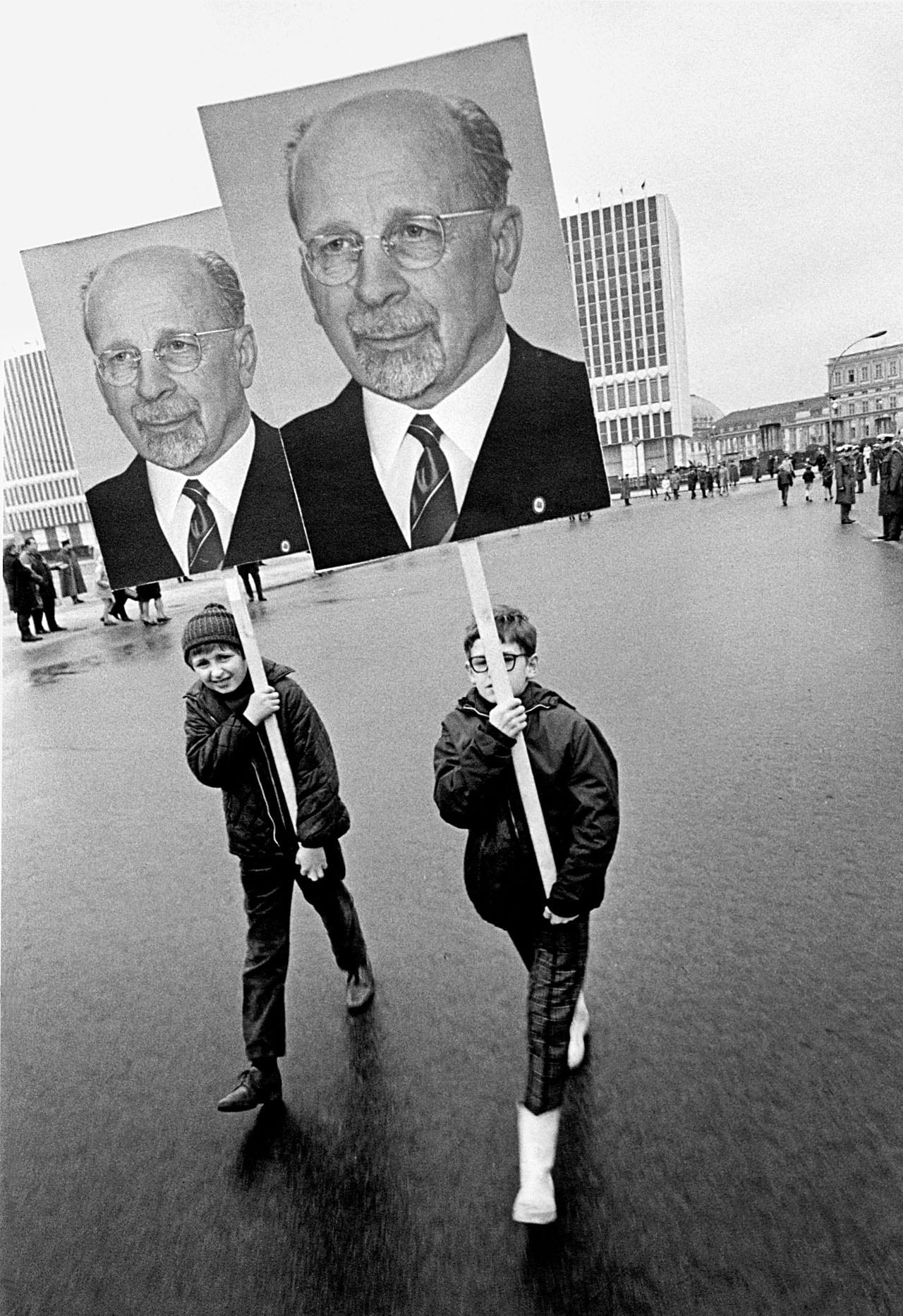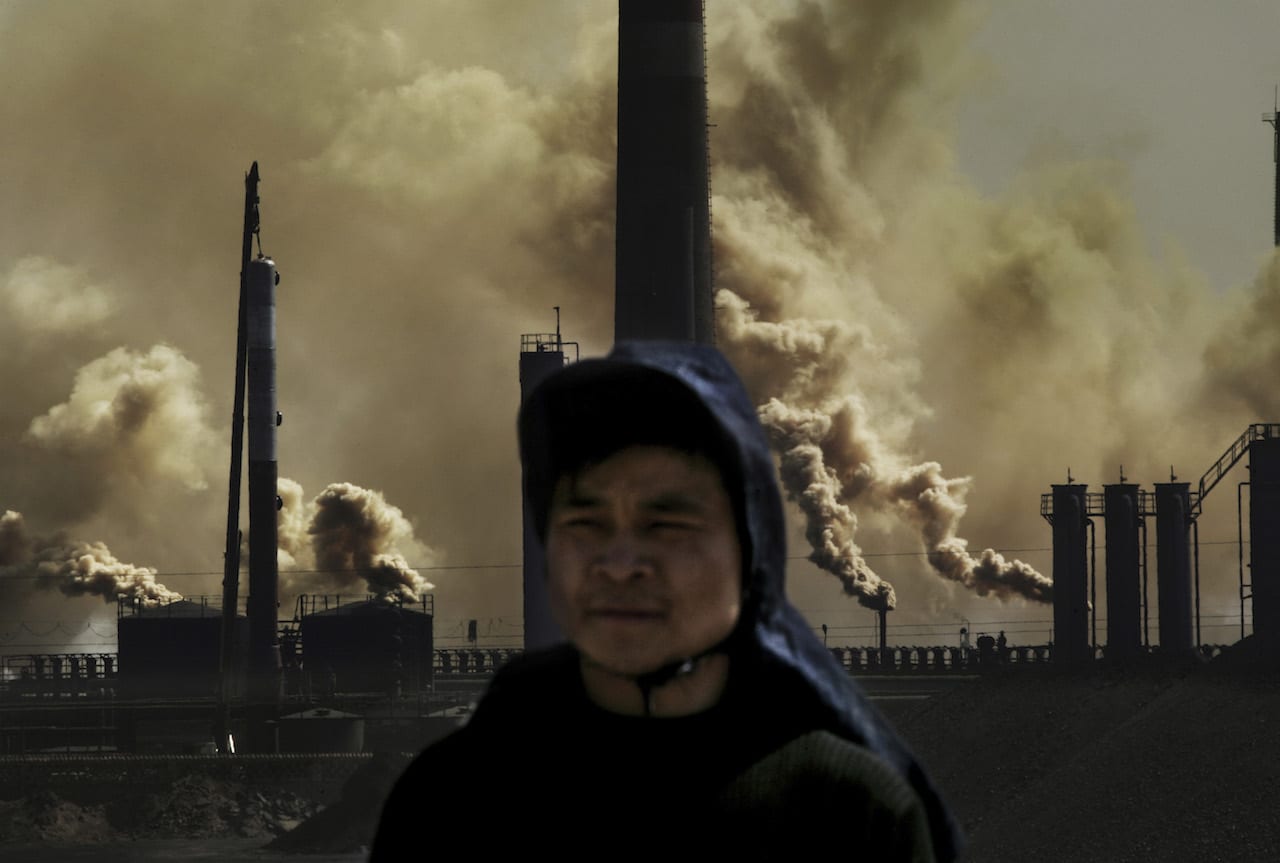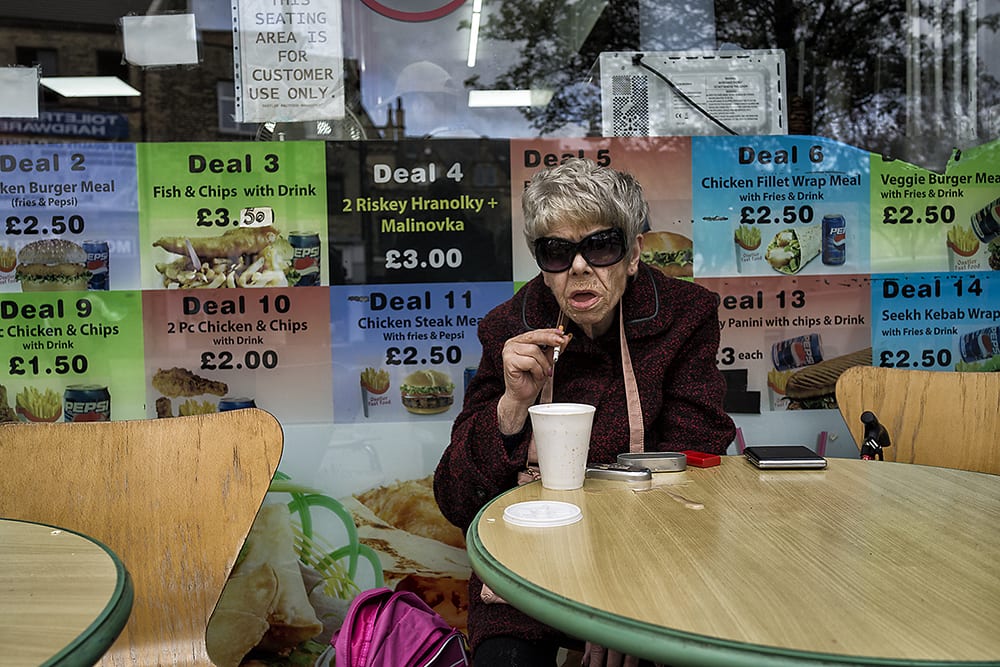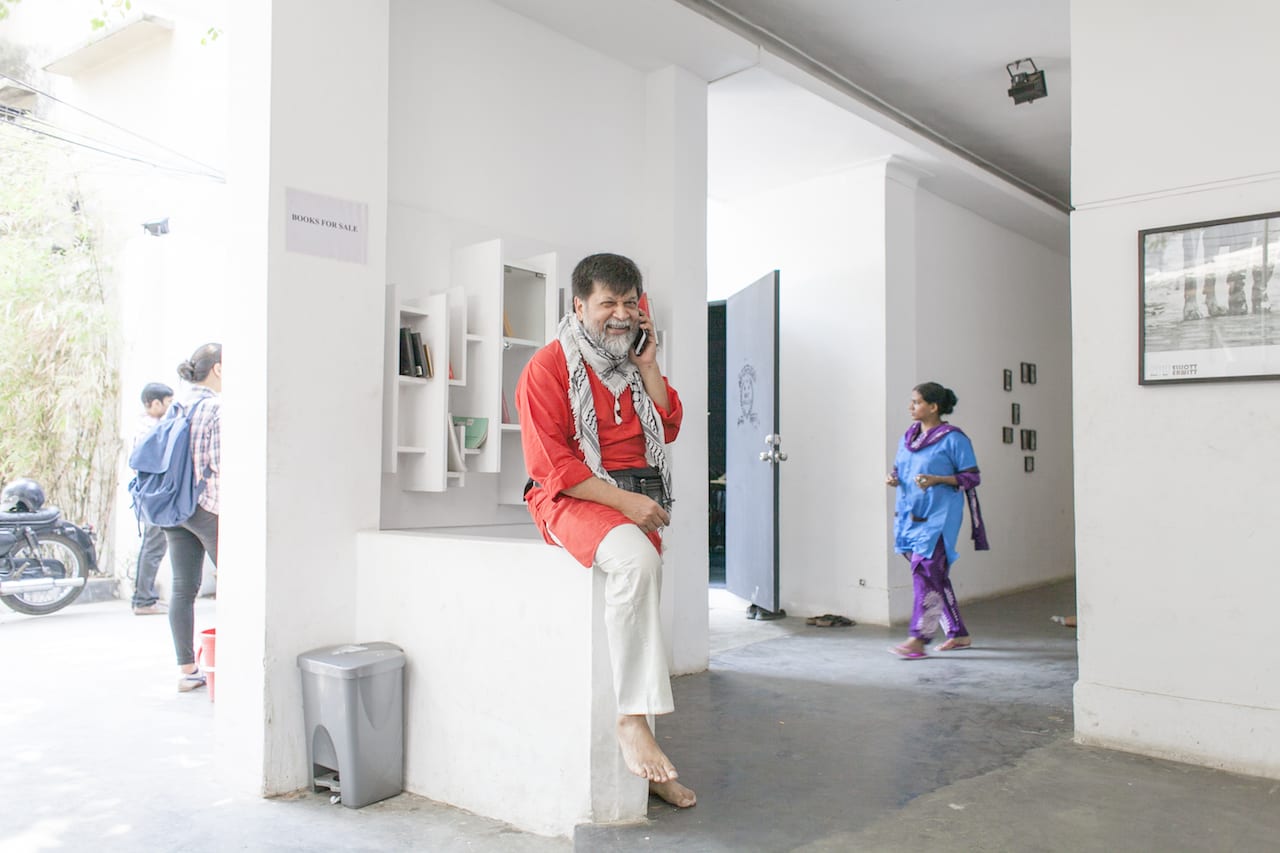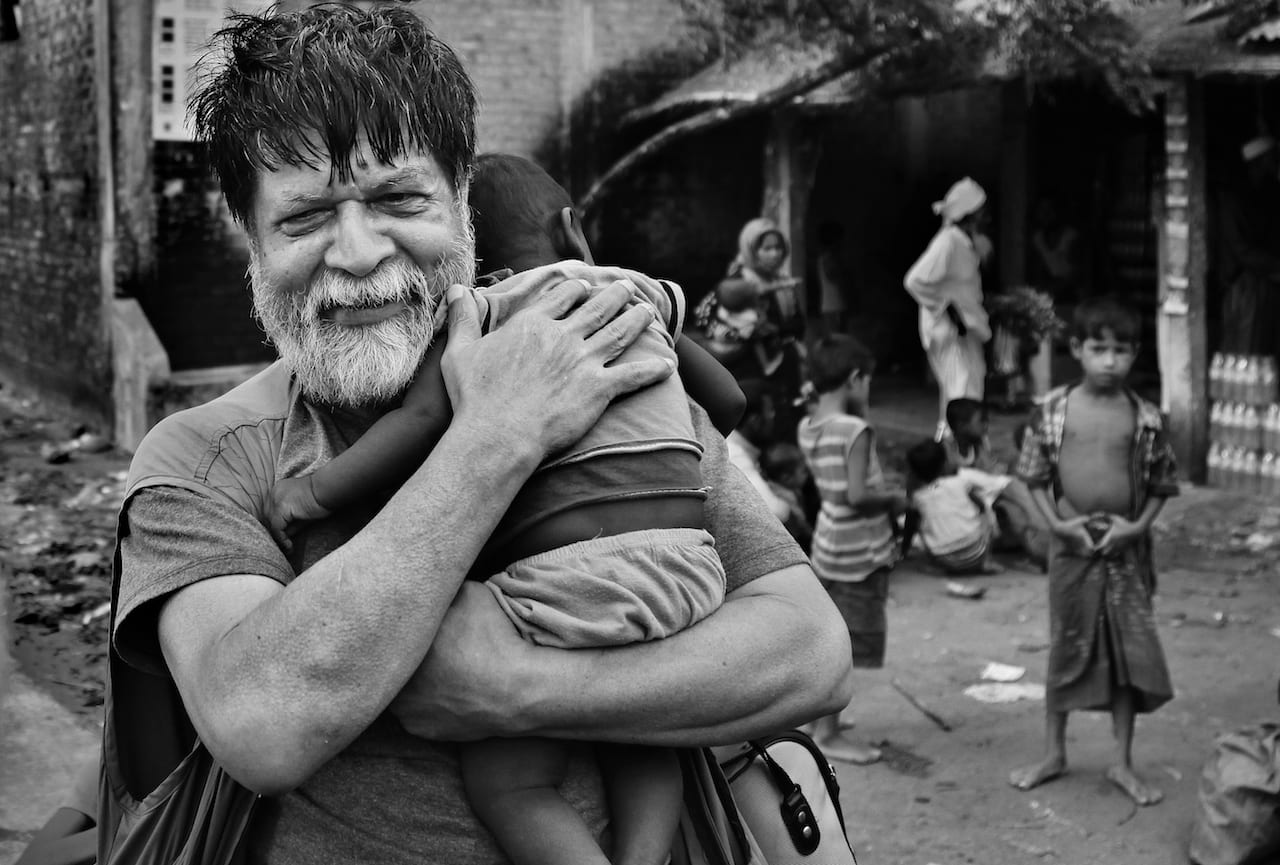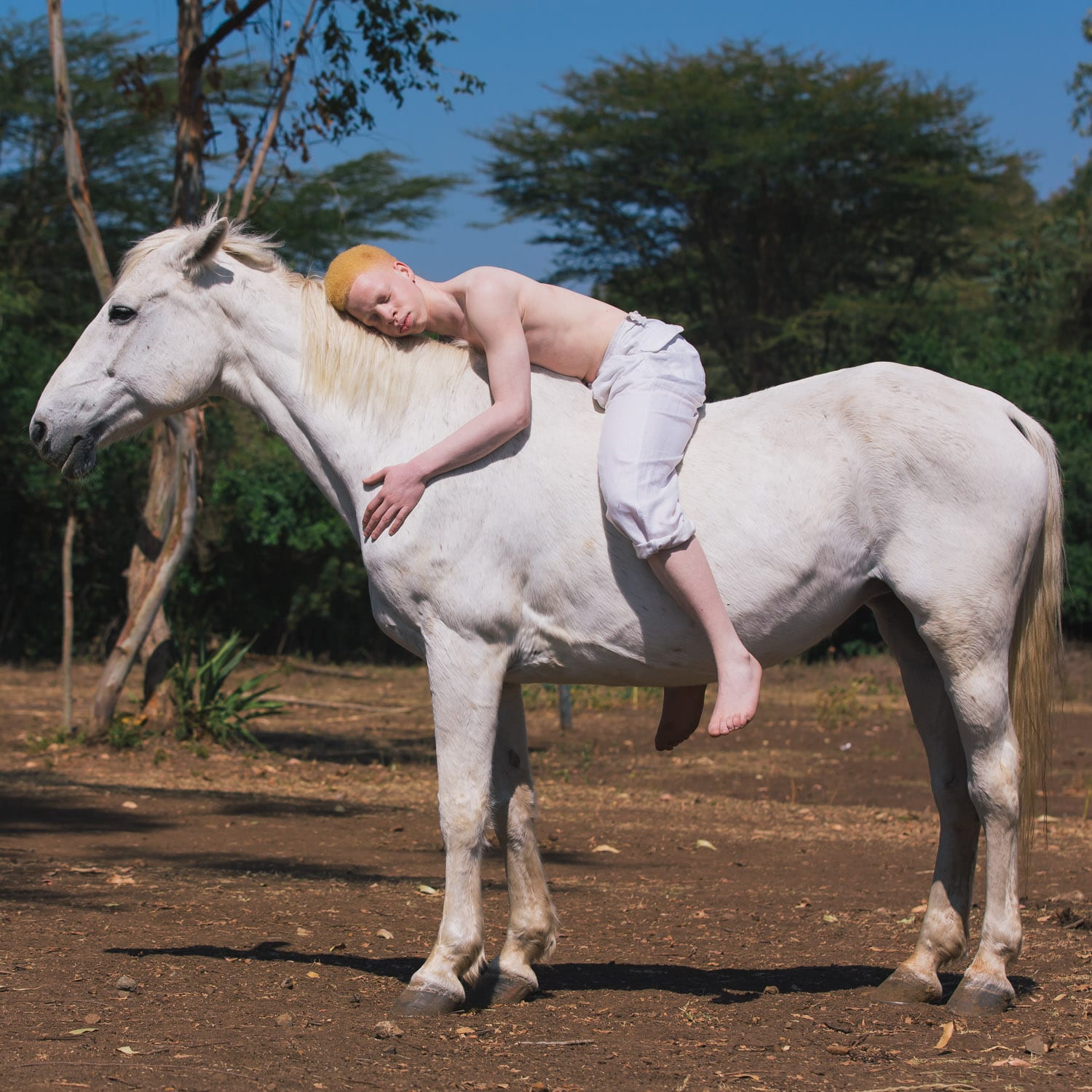An interview with Don McCullin is never going to be a dull affair – he is a complex man who has told the story of his life many times before. He is unfailingly polite and gentlemanly, but one detects a slightly weary tone as he goes over the familiar ground. He often pre-empts the questions with clinical self-awareness.
The story of McCullin’s rise from the impoverished backstreets of Finsbury Park in north London is one of fortuitous good luck, but it didn’t start out that way. Born in 1935, he was just 14 when his father died, after which he was brought up by his dominant, and sometimes violent, mother. During National Service with Britain’s Royal Air Force, he was posted to Suez, Kenya, Aden and Cyprus, gaining experience as a darkroom assistant. He bought a Rolleicord camera for £30 in Kenya, but pawned it when he returned home to England, and started to become a bit of a tearaway.
Redemption came when his mother redeemed the camera, and MccCullin started to take photographs of a local gang, The Guvners. One of the hoodlums killed a policeman, and McCullin was persuaded to show a group portrait of the gang to The Observer. It published the photo, and kick-started a burgeoning career as a photographer for the newspaper.
